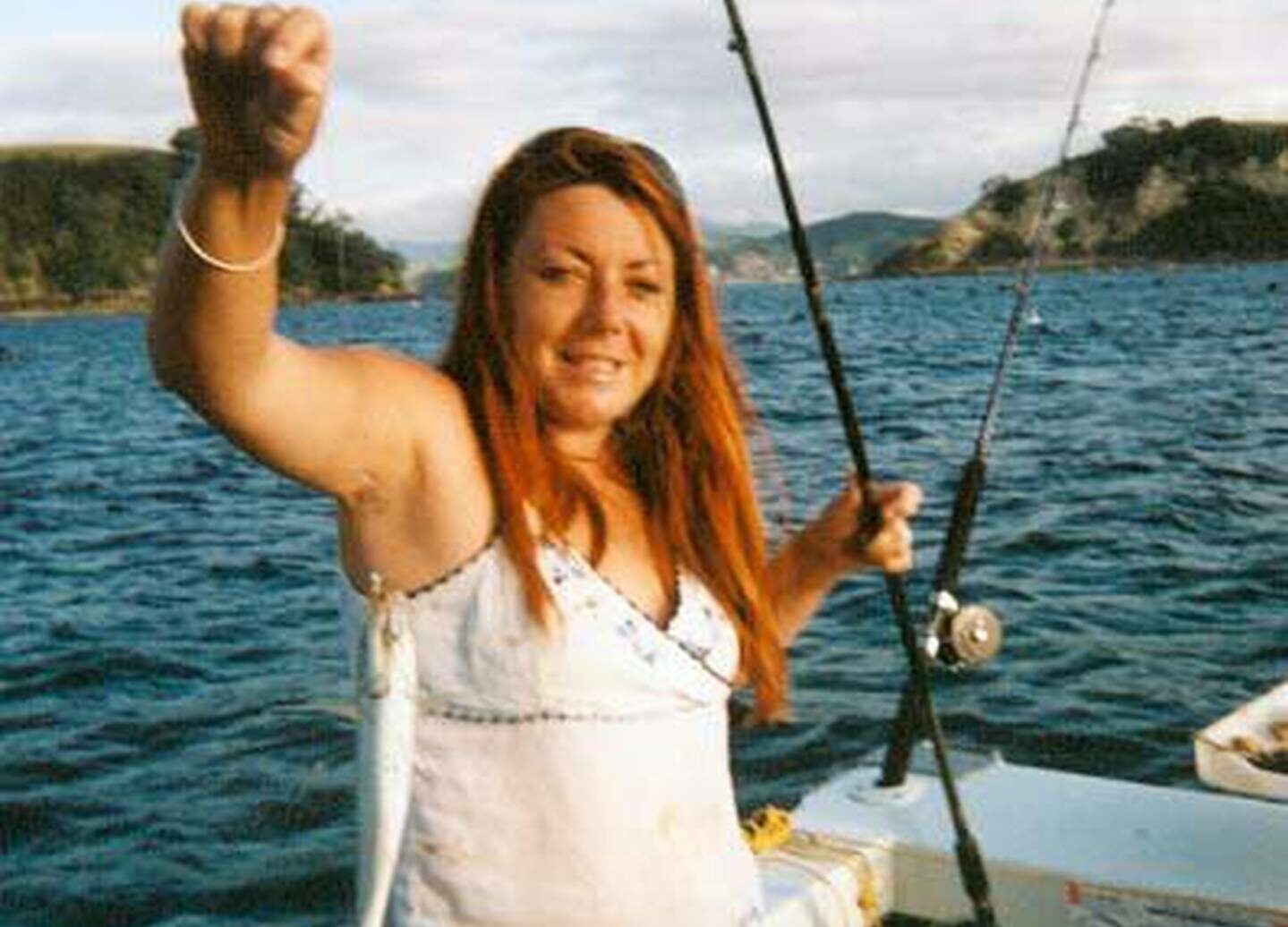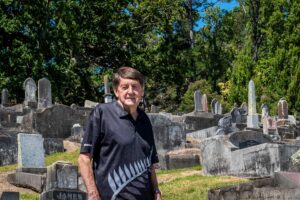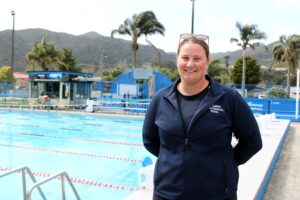The 20th anniversary of the murder of Kaihere mother-of-three Sara Niethe has been and gone.
Still, the fight for justice continues.
Sara was killed by Mark Pakenham in 2003, but in 2011, he told the Crown she consented to being injected with methamphetamine and that her death was accidental.
Pakenham’s charge was therefore reduced to manslaughter and he was released on parole in 2016.
Sara’s body is still missing.
For the past three years, Tauranga-based private investigator Bruce Currie has been conducting a pro bono review of the case and has spent more than 800 hours investigating.
But he’s come up against a roadblock in his attempt to gain further insight through the Official Information Act [OIA], telling The Profile that his request for detail was denied by the Crown Law Office.
“The Solicitor General, who is the only authority who can approve the reduction of the charge from murder to manslaughter, was asked to release his decision as to why Pakenham was allowed to plead guilty to a reduced charge of manslaughter without giving up the location of Sara’s body,” Mr Currie said.
“This request was refused.”
According to correspondence sent by New Zealand’s Crown Law Office to Mr Currie and seen by The Profile, while Crown Law accepted it was subject to the OIA, the information requested was generated as part of the office’s Law Officer role, and therefore fell outside of the OIA.
The Crown has two appointed Law Officers to represent its interest in the courts: the Attorney-General – a position currently held by Hon David Parker; and the Solicitor-General – Una Jagose, who has held the role since 2016. Michael Heron was the Solicitor-General before her, from 2012-2016.
Crown Law confirmed to The Profile that where a person charged with murder offers to plead guilty to manslaughter, the decision whether to accept that plea to manslaughter is made by the Solicitor-General, and in practice this included his/her delegates.
Even if the OIA did apply to the Law Officer role, Crown Law told Mr Currie that the information he requested would still be withheld because good reasons existed for withholding it.
Mr Currie called this a “travesty”.
“I was disappointed; it’s a matter of public interest as to why that charge was reduced, and the reasons shouldn’t be hidden away,” he said.
“I’ve approached [Sara’s] family and said there’s one way we can actually see a proper review of the whole scenario and that’s to have a new inquest ordered by the High Court.”
Mr Currie was putting the paperwork together to do just that.
He also pointed to a new law in the United Kingdom that required its parole boards to take into account a prisoner’s refusal to reveal where they hid their victim’s body. Known as ‘Helen’s Law’, it is named after murdered 22-year-old Helen McCourt, whose body has never been found.
“So what about Sara’s Law for New Zealand?” Bruce said. “We’re still getting information, that’s the beauty of all this. People are still talking to us, but we’re not quite getting that final little piece that we need.”
DETAILS: To contact Bruce about the case, phone 027 844 1349, email bruce@mrtracer.co.nz, or visit www.mrtracer.co.nz. Information can also be provided to The Valley Profile.





